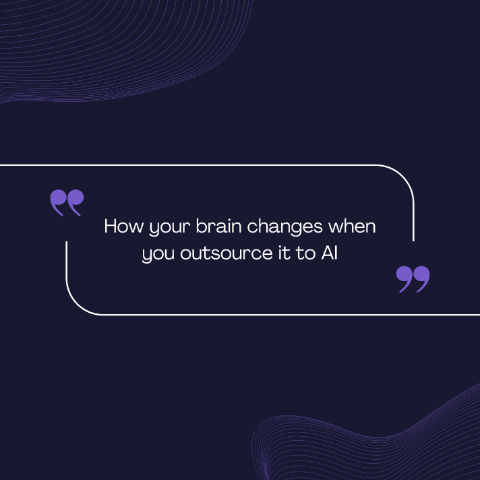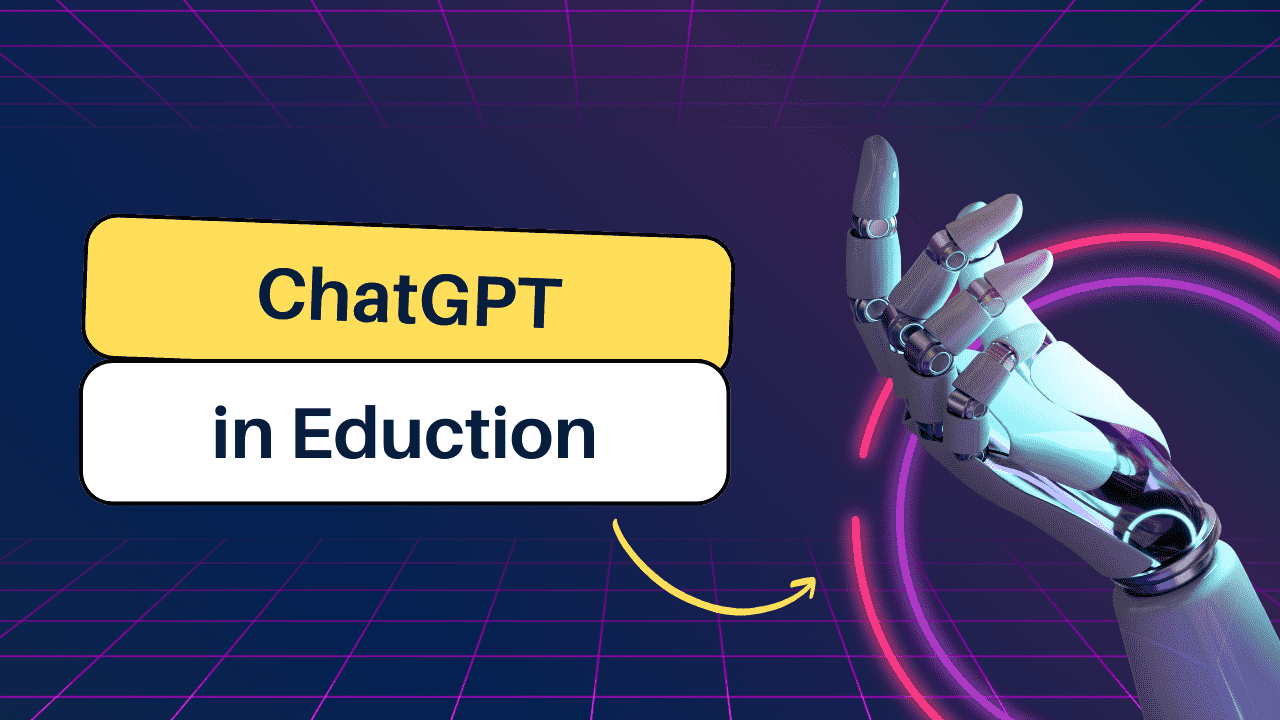Mastering HTTP Response Status : A Journey from Beginner to Expert
Read More


As technology takes over our lives and the world we live in, artificial intelligence is being used more and more as a way to think, write, and even make decisions for us. But with the rise of AI in everyday life, one fundamental question keeps coming up: what happens to our own ability to think?
Artificial intelligence is becoming increasingly embedded in everything we do, and we are continually outsourcing our mental labor by relying on smartphones for memory, AI tools for writing, and digital assistants for problem-solving. This shift is convenient, even necessary, but it comes with consequences that we are only now beginning to understand.
Are we unknowingly sacrificing our ability to think for ourselves? Will AI make us more knowledgeable, or simply more dependent? But most importantly, how can we use these powerful tools without losing control over our own minds?
Despite its complexity, the human brain processes information at only 10 bits per second, far too slow for the overwhelming stream of data that we encounter daily. In today’s world, relying solely on our brains is like bodybuilding without steroids: admirable, but ineffective.
Throughout history, people have used tools to enhance cognition and retain information, from cave paintings to written texts. But unlike our ancestors, we now carry small, all-knowing devices that offload massive amounts of our cognitive workload.
Generative AI models (like ChatGPT and Copilot) have been trained on a volume of text five times greater than the sum of all books that existed 500 years ago. But while these tools boost efficiency, research suggests that outsourcing too much cognitive labor may cause the brain to atrophy and weaken.
People instinctively fear that reliance on AI is making the human brain obsolete. This realization can trigger an urge to reclaim mental independence, by solving math problems, reading books, or even rejecting digital tools entirely in a desperate attempt to remain intellectually active.
Recent posts form our Blog
.png)





0 Comments
Like 0